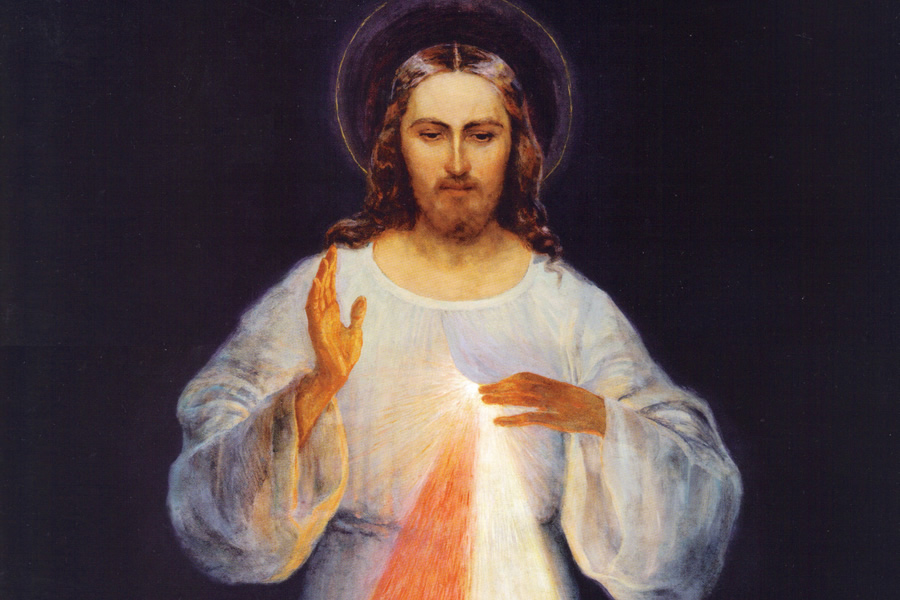
Transformation
04-16-2023The Pastor's PenFr. Matthew R. Paratore, S.T.L., J.C.L.Dear Friend,
Many people turn water into wine. It takes at least six weeks. But with Jesus it took no time at all. And it required no effort: he did it without even a word or a gesture or command; it just turned into wine in his presence, and he instructed the waiters to take it to the table. C.S. Lewis remarked that all the miracles worked by Jesus were in accord with the laws of nature, and not against them. There are no magical transformations, no weird metamorphoses. He did in a moment what nature does slowly.
"Each miracle writes for us in small letters something that God has already written, or will write, in letters almost too large to be noticed, across the whole canvas of nature." Water into wine is a wonderful transformation, but it is not magic.
Who needs magic? When a hard man gets the courage to leave the door of his heart open, it is not magic. When a miser begins to practice the generosity of God, it is not magic. When a sinner turns into a saint, it is not magic. It is a miracle. In the presence of Jesus things like this happen all the time. John calls the miracle at Cana “the first of his signs.” So, it was not just a favor - even a miraculous one - for an embarrassed host. It was a parable in action. It carried a profound teaching about Jesus himself (it “revealed his glory”), and also about our life as his disciples. He appeared transfigured (transformed) on the mountain before the eyes of Peter, James and John (Matthew 17:2; Mark 9:2).
But his disciples too are being transformed: “All of us, with unveiled faces, seeing the glory of the Lord as though reflected in a mirror, are being transformed into the same image from one degree of glory to another; for this comes from the Lord, the Spirit” Corinthians 3:18). “He will transform the body of our humiliation that it may be conformed to the body of his glory, by the power that also enables him to make all things subject to himself” (Philippians 3:21). Transformation is not magic; there is a line of continuity (by God's grace) between the beginning and the end. We continue with our ordinary life, our daily employment; but like the water changed to wine, it is given a kind of flavor and fragrance that is beyond what we call ‘ordinary’.
Our whole life is ‘sacramental’ in this sense. The ordinary bread of labor is transformed into the Body of Christ. After we celebrate the Eucharist the celebration continues into every moment. It is not magic. The sacraments are not magic. But when we detach a sacrament from its home in a life-being-transformed, we can only think of it magically. The authentic teaching of the Catholic Church through the centuries instructs us not to accept a barren literalness that is nowhere found in the Scriptures.
As Saint Paul writes, “Let that mind be in you that was in Christ Jesus” (Philippians 2:5).
Let us not lose heart but pray always.
BACK TO LIST